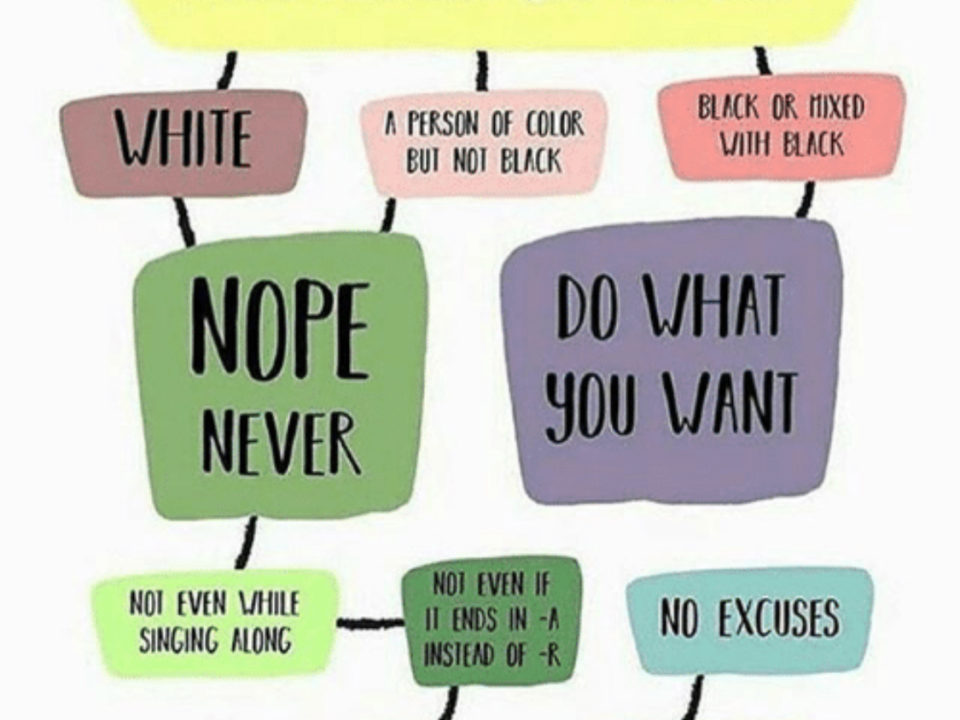Information sourced from Journal Watch:
Revisiting the Bottle: Alcohol and Breast Cancer Risk
Low levels of alcohol consumption are associated with moderately elevated risk, but benefits of alcohol should also be considered.
Moderate alcohol consumption has been associated with modestly elevated risk for breast cancer, perhaps mediated by increases in circulating estrogen levels (JW Womens Health Mar 26 2009), but the effects of low-level consumption (as well as lifetime drinking patterns) remain to be determined. Now, investigators have analyzed Nurses' Health Study data from 1980 to 2008. During this period, >74,000 participants (94% non-Latina white) provided seven updates about their alcohol consumption; 7690 cases of invasive breast cancer were diagnosed in this cohort.
In analyses adjusted for other breast cancer risk factors (e.g., estrogen therapy), low levels of alcohol consumption (equivalent to 3–6 glasses of wine weekly) were associated with minimally but significantly elevated risk for breast cancer (multivariate relative risk, 1.15). Risk was higher among women who consumed ≥2 drinks daily (RR, 1.51). These associations did not vary by type of drink (beer, wine, or liquor) or whether intake occurred early (age, 18–40) or late in life (age, >40).
Comment: Some might be sobered by the finding that even low levels of alcohol intake are associated with excess breast cancer risk, however modest. When considering the overall consequences of drinking, women should weigh these risks against the cardiovascular benefits of moderate alcohol intake (JW Gen Med Mar 15 2011).
— Andrew M. Kaunitz, MD
Published in Journal Watch Women's Health November 3, 2011



